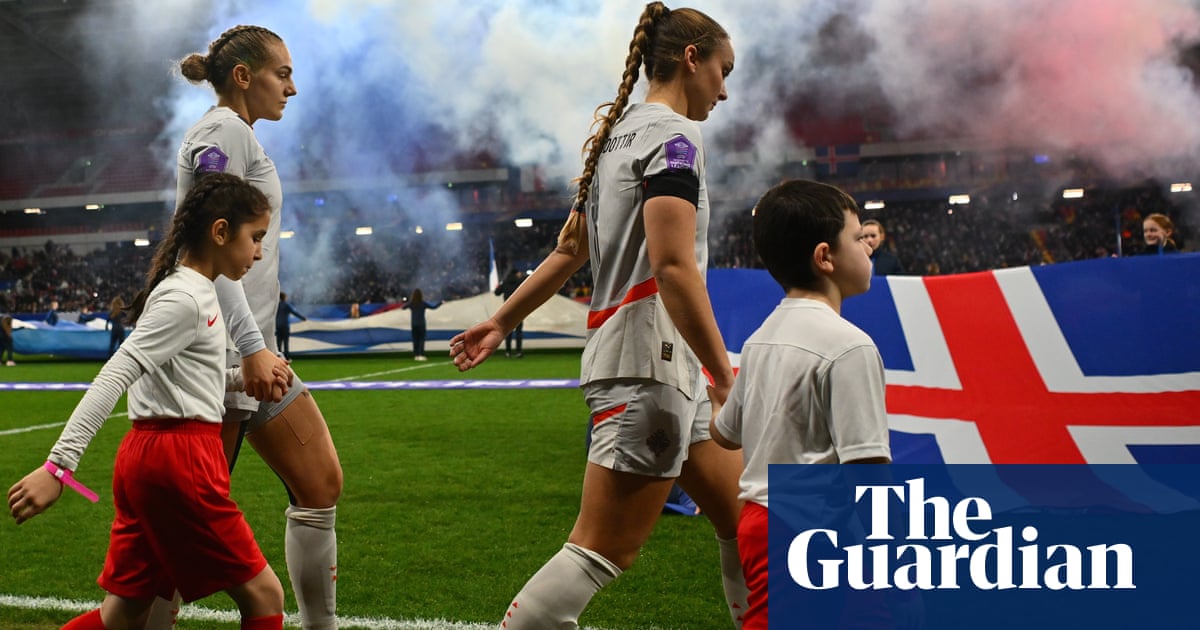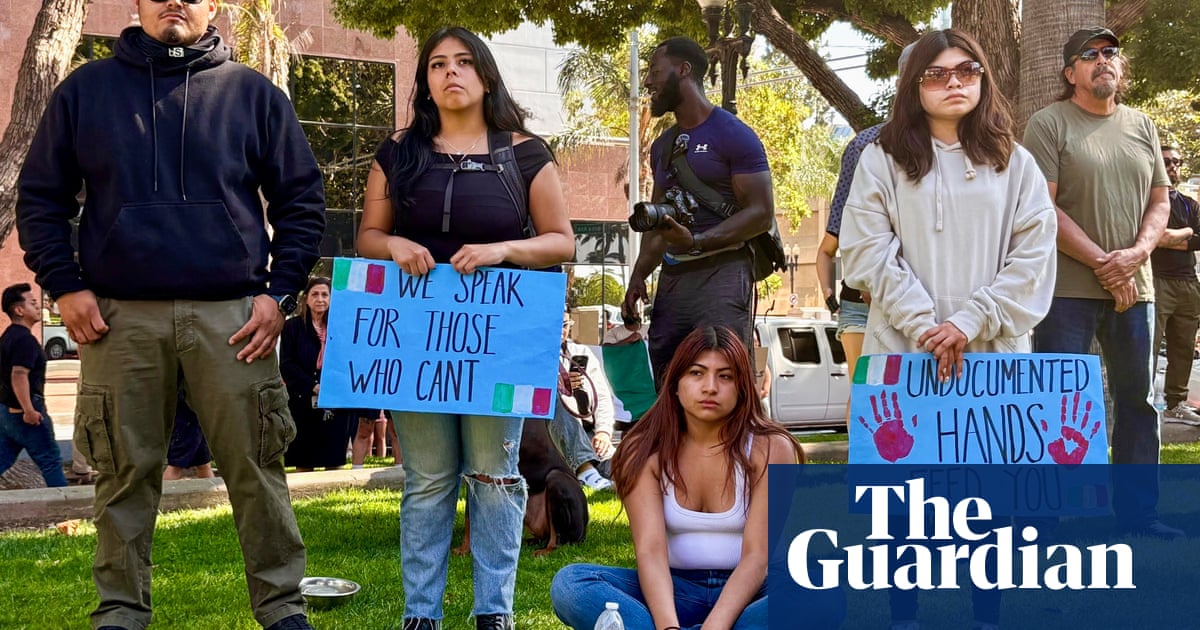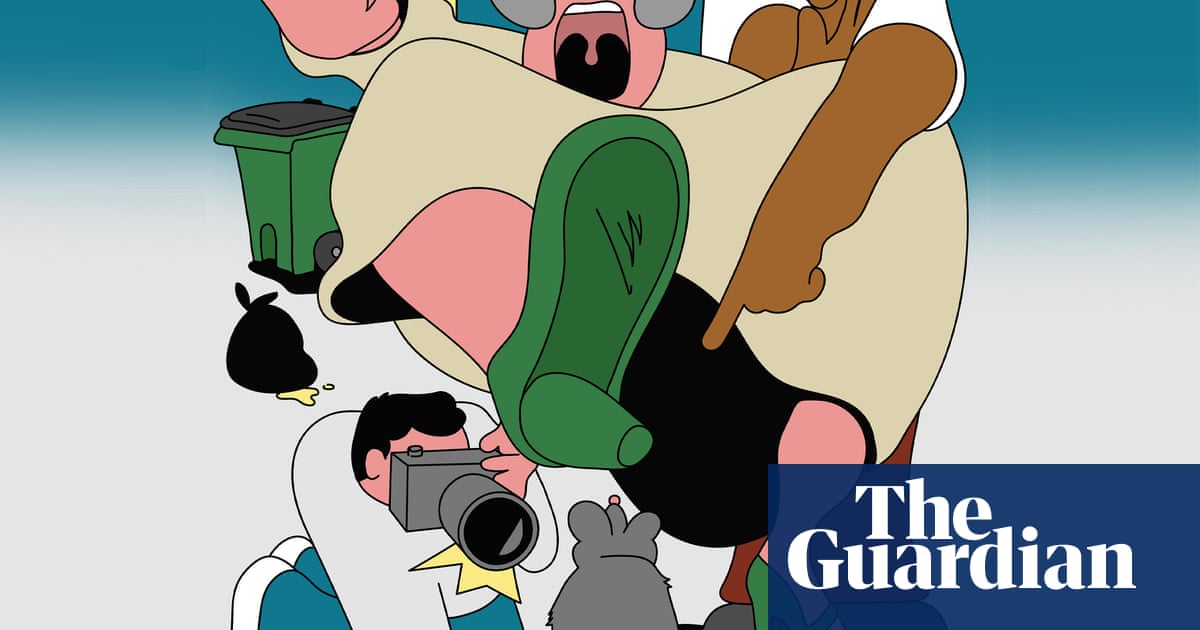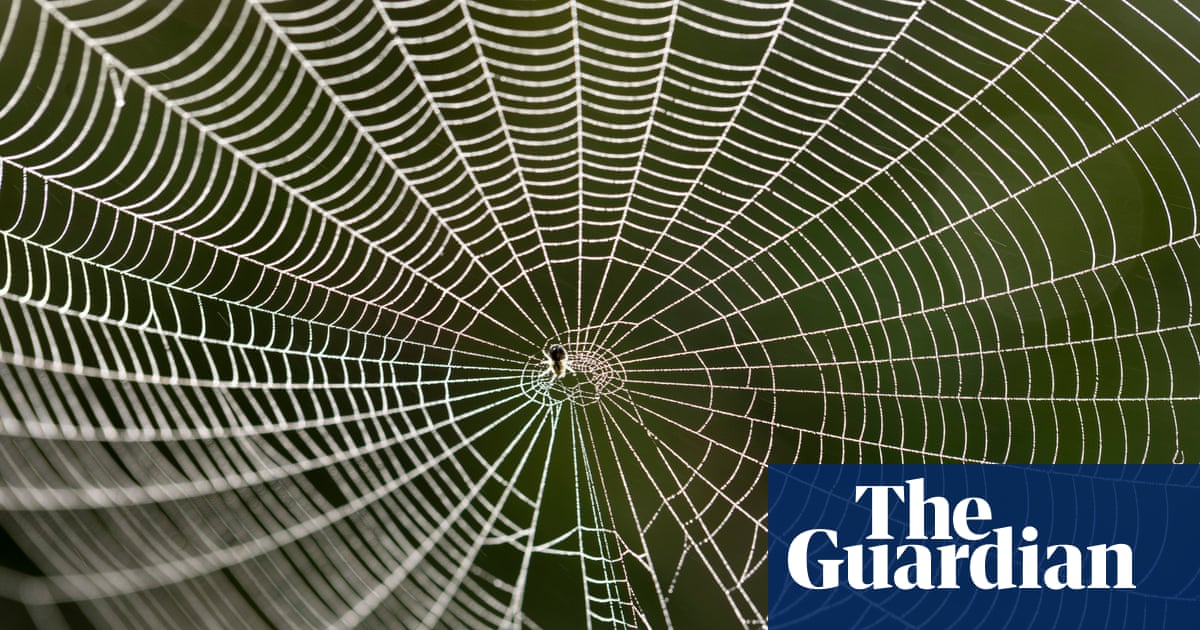Maria Reva’s dexterous and formally inventive debut novel is impossible to review without giving away a major surprise. I do this with a heavy heart: one of the pleasures of this book is the jaw‑dropping coup de théâtre that comes halfway through. Until that point, Endling offers its readers the pleasures of a more or less conventional novel.
The central character is a misanthropic obsessive called Yeva who drives a converted campervan around the countryside of her native Ukraine, rescuing endangered snails. She’s hoping to get them to breed, but some turn out to be endlings – the last living member of a species. First coined in the 1990s, the word was unknown to me before I read this book, but the tragic biological checkmate it describes is older than history. Aurochs, dodos, quaggas, mammoths and Tasmanian tigers must all have culminated in an endling.
Instead of engendering new life, Yeva ends up being a hospice nurse for entire species as her charges become extinct. Her obsessive death-watch would be unbearably grim if it weren’t so funny. Here she is, indignant at the way her beloved snails are overshadowed by more glamorous species:
Snails weren’t pandas – those oversize bumbling toddlers that sucked up national conservation budgets – or any of the other charismatic megafauna, like orcas or gorillas. Snails weren’t huggy koala bears, which in reality were vicious and riddled with chlamydia. Nor were snails otters, which looked like plush toys made for mascots by aquariums, despite the fact that they lured dogs from beaches to drown and rape them.
Bearing constant witness to annihilation, Yeva finds her mental health is hanging by a thread. She’s also short of cash, so funds her mission by working for a company that runs so-called “romance tours”. Still reeking of her grotty campervan, Yeva turns up to swell the numbers at events to which foreigners have been lured by the comically specious promises on the agency website: “the secret of the Ukrainian Woman may be genetical. Invasions and wars led to fruity intermixing … Imagine an entire country of beautiful and lonely women! … This is where you, Western Man, enter.”
It’s through the marriage agency that Yeva encounters the two characters who catalyse the plot of the novel: sisters Nastia and Sol. Inspired by their mother, the founder of a group of feminist activists, they want to draw the world’s attention to the patriarchal assumptions of the bridal industry. In order to do this, they’re planning to kidnap some of the foreign bachelors and hold them hostage in Yeva’s van. One of the bachelors, Vancouver-based Ukrainian émigré Pasha, completes the quartet of human characters at the novel’s heart. Pasha has returned to the land of his birth not only to find love but in order to fulfil a vague sense of artistic destiny.
For roughly 100 pages or so, Endling barrels along, effortlessly resonating with larger ideas, sustained by humour and a sharp and empathetic intelligence. The book is shaping up to be an engaging comic heist: an eastern European Coen brothers caper, inflected with a feminist sensibility. And then Russia launches its full-scale invasion of Ukraine.
The shock of this event is so huge that it doesn’t just affect the lives of the characters, it breaks open the entire novel. It’s like one of those moments in the theatre when someone shuffles on to the stage to share the news of a terrible event behind the scenes: a fire or a flood.
The scale of this disruption is acknowledged formally in the book. Reva does the novelistic equivalent of running the credits. The story we’re reading appears to conclude on page 136, complete with acknowledgments page, author biography and a note on the typeface. Then, overleaf, an alternative version of the novel resumes.
We learn in this section that after the critical success of her first book, the short story collection Good Citizens Need Not Fear, the author began and then abandoned a version of Endling. “Even in peacetime,” we overhear her telling her agent, “I felt queasy leaning into not one but two Ukrainian tropes, ‘mail-order brides’ and topless protesters.” A Canadian citizen of Ukrainian descent, she finds herself struggling to write, stricken with guilt, worrying about her grandfather who is living near the frontline in Kherson. She’s chastised by a ruthless inner voice that accuses her of opportunism. “Fourteen dead, ninety-seven wounded. But don’t let us interrupt. By all means, sink into those high-thread-count sheets. Tell us, Ms Voice of Ukraine, how do you toast in Ukrainian again?”
after newsletter promotion
Rather than feeling distracting or tricksy, the intervention actually heightens the impact of the story, giving it a discomfiting intensity and a new, more intimate register. Something deepens in the relationship between reader and author. We all have skin in the game at this point. Sitting in the theatre, with the smell of smoke rising from behind the curtains, the reader wonders, among other things, what on earth is going on? How is she going to pull this off? What’s going to happen to the central characters? Are the Russians going to bomb all of us?
In this second half of the book, we return to the story of Yeva, Nastia, Sol and Pasha, as it unfolds in the days after the invasion. A possible mate has been sighted for one of Yeva’s lone snails. Yeva has to decide between driving the kidnapped bachelors to safety or heading towards Kherson and right into the path of the Russians. Given what’s happened so far, it’s not a surprise to learn that the book eschews the safe option. But now Reva has established a different kind of rapport with the reader and is able to intrude more directly into the narrative. She shares with us personal details about her connection with Ukraine, as well as her awareness of the war and the artistic challenge she faces: can anyone in good conscience make fiction out of these tragic events? Though not every element of the story is equally successful – I was left puzzled by the passivity of the kidnapped bachelors – the answer to that question is resoundingly affirmative.

 5 hours ago
4
5 hours ago
4

















































